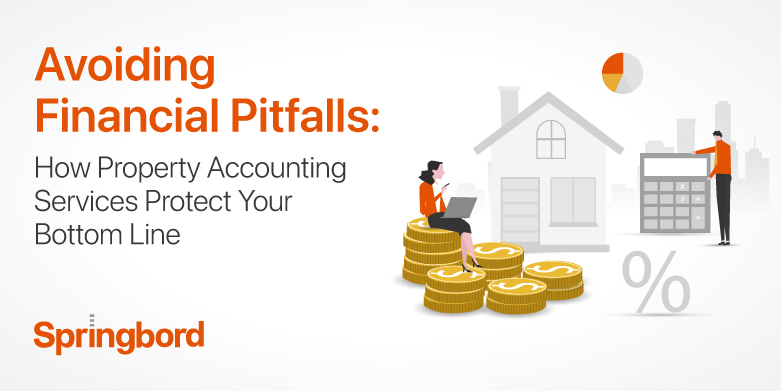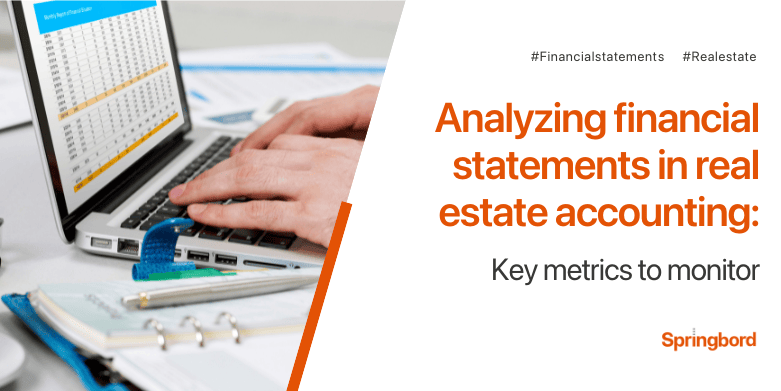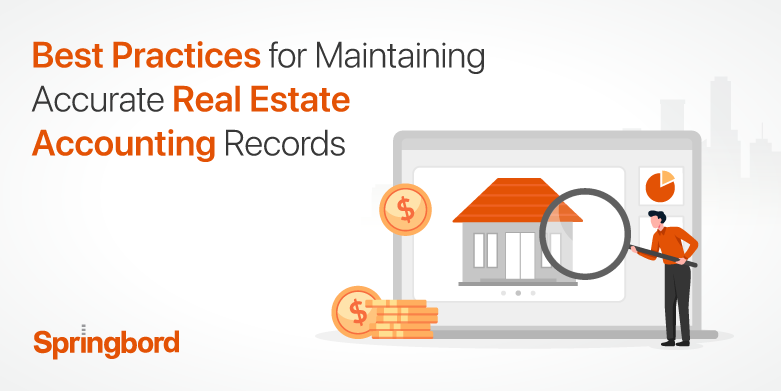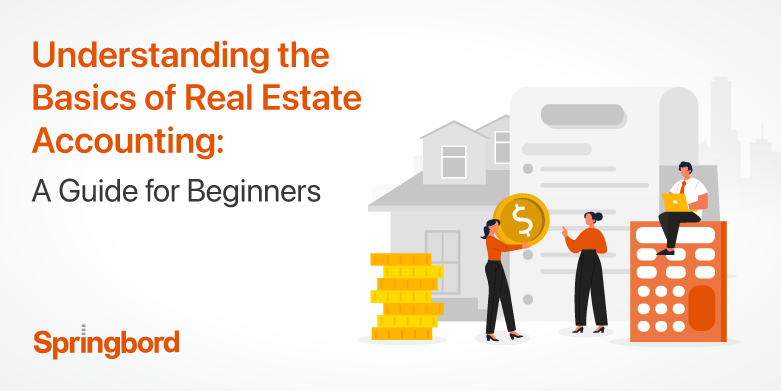M
E
N
U
Effective financial management is critical in real estate, a sector where economic fluctuations and regulatory complexities can significantly impact profitability. Real estate business owners face challenges such as cash flow inconsistencies, complex taxation, budget overruns, and market volatility, which require sophisticated financial strategies beyond traditional accounting. This is where specialized property accounting services come into
Property owners can generate substantial income from real estate, especially from rental income and property value growth, making it a valuable asset class. However, alongside these financial benefits come complex tax implications. Property taxes are one of the most substantial ongoing expenses associated with real estate ownership, and mismanagement can lead to costly penalties or
Analyzing financial statements in real estate isn’t just about crunching numbers—it’s about gaining a deeper understanding of your assets, liabilities, and overall financial health. For business owners in the real estate sector, mastering key financial metrics is essential for making informed decisions that drive profitability and long-term growth. We will go over the important metrics
In property management, efficient accounting is essential to operational success because it helps managers make well-informed decisions, maximize investment returns, and guarantee regulatory compliance. This blog explores the important facets of property management accounting, giving company owners who want to preserve cash flow and optimize profits a thorough understanding. Property Management Accounting Property management accounting
In real estate business management, property accounting emerges as a pivotal component, significantly influencing decision-making, regulatory compliance, and strategic financial planning. The complexity of real estate transactions, alongside the evolving landscape of tax implications and regulatory frameworks, demands a nuanced understanding and professional handling of financial data. This blog delves into the critical aspects of
Managing a real estate portfolio comes with a myriad of complexities. From keeping track of multiple properties to ensuring compliance with tax regulations, business owners face numerous challenges in effectively managing their portfolios. As a result, the need for advanced bookkeeping strategies has become increasingly paramount. At Springbord, we understand the intricate nature of real
In the constantly changing real estate industry, the pivotal role of property accounting stands as a critical element for achieving operational excellence and fostering business growth. This specialized branch of accounting extends beyond mere number crunching to encompass a strategic framework essential for informed decision-making and regulatory compliance. As the industry evolves, grappling with the
Introduction: The Critical Role of Accurate Accounting in Real Estate In the dynamic world of real estate, the precision of accounting practices stands as a cornerstone for success. Accurate real estate accounting services is not just about keeping financial records in order; it’s about ensuring compliance with regulations, enabling strategic decision-making, and safeguarding the financial
The Significance of Real Estate Accounting in Business Success Real estate accounting is a specialized area of accounting that focuses on recording, analyzing, and reporting financial transactions related to real estate operations. This field plays a pivotal role in business decision-making and the overall financial health of companies engaged in real estate, from small property
Financial statements are the backbone of any real estate decision-making process. They provide invaluable insights into the financial health, performance, and potential risks associated with real estate assets. Understanding these statements is paramount for investors, developers, lenders, and other stakeholders involved in the real estate industry. Real estate finance presents unique challenges due to the











